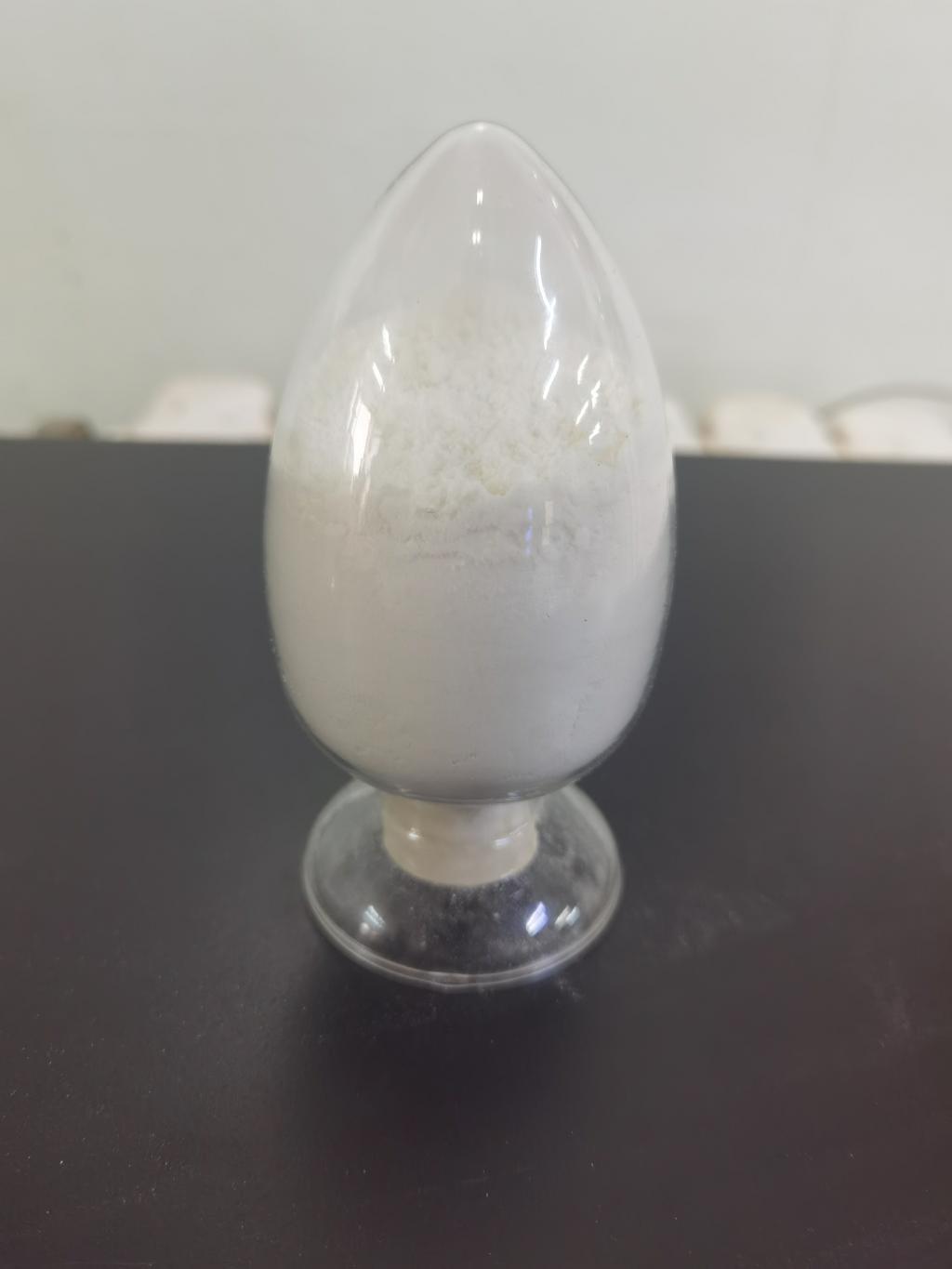Tel:+8618231198596

News
 CONTACT
CONTACT
 CONTACT
CONTACT
- Linkman:Linda Yao
- Tel: +8618231198596
- Email:linda.yao@dcpharma.cn
- Linkman:CHARLES.WANG
- Department:Overseas
- Tel: 0086 0311-85537378 0086 0311-85539701
News
ε-Polylysine Hydrochloride: Addressing Antibiotic Resistance in Agriculture and Livestock.
TIME:2023-10-07
The Antibiotic Resistance Challenge in Agriculture and Livestock
Antibiotics have played a critical role in modern agriculture and livestock production. They are used to treat and prevent bacterial infections in animals, promote growth, and improve feed efficiency. However, the widespread and often indiscriminate use of antibiotics in these sectors has led to the emergence of antibiotic-resistant bacteria, posing significant risks to human health and the environment:
Transmission to Humans: Antibiotic-resistant bacteria can be transmitted from animals to humans through the food chain, direct contact, or environmental contamination. This can result in difficult-to-treat infections in humans.
Environmental Impact: Antibiotics excreted by animals can enter the environment, leading to the spread of resistance genes in soil and water. This can contribute to the development of antibiotic resistance in environmental bacteria.
Reduced Efficacy: Over time, the overuse of antibiotics in agriculture has led to the reduced efficacy of antibiotics in human medicine, limiting treatment options for infectious diseases.
Public Health Concerns: The increasing prevalence of antibiotic-resistant infections in humans raises serious public health concerns, as these infections are often more difficult and costly to treat.
ε-Polylysine Hydrochloride as an Alternative
ε-Polylysine hydrochloride, a natural antimicrobial compound derived from microbial fermentation, presents an attractive alternative to antibiotics in agriculture and livestock production. Its unique properties make it a valuable tool in addressing the challenges of antibiotic resistance:
Antimicrobial Activity: ε-Polylysine hydrochloride exhibits broad-spectrum antimicrobial activity against a variety of bacteria, including both Gram-positive and Gram-negative species, as well as molds and yeasts.
Natural Origin: It is derived from microbial fermentation, aligning with consumer preferences for natural and minimally processed agricultural and livestock products.
Safety: Extensive research and regulatory approval have confirmed the safety of ε-Polylysine hydrochloride for animal consumption when used within specified limits.
Reduced Resistance: Unlike antibiotics, ε-Polylysine hydrochloride's mechanism of action does not involve the inhibition of specific bacterial targets, making it less likely for bacteria to develop resistance.
Applications in Agriculture and Livestock
The applications of ε-Polylysine hydrochloride in agriculture and livestock are multifaceted, addressing various aspects of antibiotic resistance and sustainable farming practices:
Disease Prevention: ε-Polylysine hydrochloride can be used as a feed additive to prevent and control bacterial infections in animals, reducing the need for antibiotics.
Growth Promotion: Similar to antibiotics, ε-Polylysine hydrochloride has been shown to improve feed efficiency and promote animal growth, making it a viable alternative for enhancing productivity.
Environmental Impact: ε-Polylysine hydrochloride's minimal impact on the environment, compared to antibiotics, contributes to responsible farming practices and reduces the spread of antibiotic resistance in the environment.
Preservation of Animal Health: By preventing and controlling bacterial infections, ε-Polylysine hydrochloride supports animal health and welfare, reducing the need for therapeutic antibiotics.
Food Safety: The use of ε-Polylysine hydrochloride in animal feed can reduce the transmission of antibiotic-resistant bacteria through the food chain, enhancing food safety for consumers.
Case Studies: ε-Polylysine Hydrochloride in Action
Several case studies illustrate the potential of ε-Polylysine hydrochloride as an alternative to antibiotics in agriculture and livestock:
Poultry Farming: Poultry producers have successfully used ε-Polylysine hydrochloride as a feed additive to reduce the incidence of common bacterial infections, such as colibacillosis and necrotic enteritis, in broilers and layers.
Swine Production: Swine producers have incorporated ε-Polylysine hydrochloride into pig feed to improve growth performance and reduce the need for antibiotics in nursery and finishing phases.
Aquaculture: In aquaculture, ε-Polylysine hydrochloride has been used to control bacterial diseases in fish and shrimp farming, leading to improved production efficiency and disease prevention.
Dairy Farming: Dairy producers have utilized ε-Polylysine hydrochloride in cattle feed to maintain udder health and reduce the occurrence of mastitis, a common bacterial infection in dairy cows.
Challenges and Considerations
While ε-Polylysine hydrochloride holds significant promise as an alternative to antibiotics in agriculture and livestock, several challenges and considerations must be addressed:
Regulatory Approval: Collaborators must ensure that the use of ε-Polylysine hydrochloride complies with regulatory standards and recommended usage levels established by relevant authorities.
Education and Awareness: Farmers and livestock producers need education and awareness campaigns to understand the benefits and proper usage of ε-Polylysine hydrochloride as an alternative to antibiotics.
Cost-Benefit Analysis: The cost-effectiveness of ε-Polylysine hydrochloride compared to antibiotics must be evaluated to determine its economic feasibility for various farming operations.
Sustainability: Sustainable sourcing of raw materials for ε-Polylysine hydrochloride production and its overall environmental impact should be considered.
Conclusion
ε-Polylysine hydrochloride, a natural antimicrobial compound, offers a promising alternative to antibiotics in agriculture and livestock production, addressing the critical challenge of antibiotic resistance. By preventing and controlling bacterial infections in animals, promoting growth, and minimizing the development of antibiotic-resistant bacteria, ε-Polylysine hydrochloride supports sustainable and responsible farming practices.
As the global community grapples with the urgent need to reduce antibiotic use in agriculture and livestock, the collaborative efforts involving ε-Polylysine hydrochloride are poised to play a pivotal role in shaping the future of farming practices, safeguarding animal health, and protecting human health by mitigating the risks of antibiotic resistance. With continued research, responsible utilization, and industry collaboration, ε-Polylysine hydrochloride holds the potential to transform the agricultural and livestock sectors toward a more sustainable and antibiotic-resistant-aware future.
- Tel:+8618231198596
- Whatsapp:18231198596
- Chat With Skype







